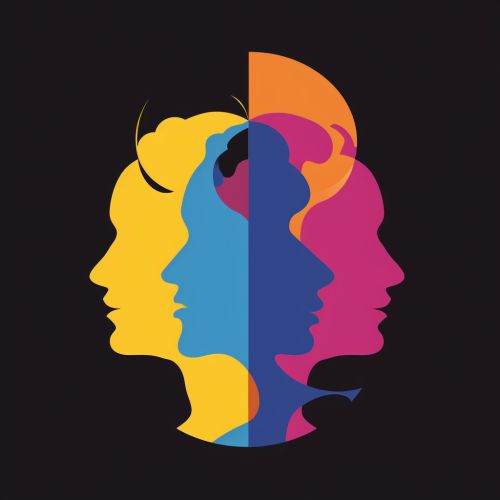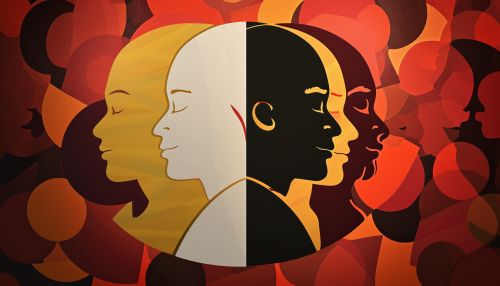Public Broadcasting Service
Overview
The Public Broadcasting Service (PBS) is an American public broadcaster and television program distributor. It is a non-profit organization and the most prominent provider of educational television programming to public television stations in the United States, distributing series such as American Experience, BBC World News, Nature, and Masterpiece. PBS is funded by member station dues, the Corporation for Public Broadcasting, corporate contributions, National Datacast, pledge drives, private foundations, and individual citizens.
History
PBS was established on November 3, 1969, by Hartford N. Gunn Jr. (president of WGBH), John Macy (president of CPB), James Day (last president of NET), and Kenneth A. Christiansen (chairman of the department of broadcasting at the University of Florida).
Programming
PBS broadcasts a wide range of programming, including children's shows, documentaries, and dramatic series, some of which are produced by PBS itself through its program production arm, PBS Distribution.
Funding
PBS is funded by a combination of member station dues, the Corporation for Public Broadcasting, corporate contributions, National Datacast, pledge drives, private foundations, and individual citizens.
Member stations
As of March 2015, PBS maintains current memberships with 354 television stations encompassing 50 states, the District of Columbia and four U.S. possessions; as such, it is the only television broadcaster in the United States – commercial or non-commercial – which has station partners in every U.S. state.
Criticism and controversy
Over the course of its history, PBS and its member stations have received criticism for perceived bias. In 1999, at least three public television stations were caught selling or trading their mailing lists with the Democratic National Committee.


